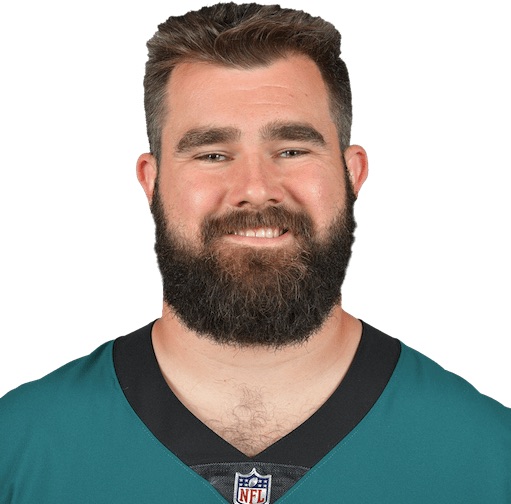Hey, everybody—hope you’ve had a good week!
Here’s something I’ve been really eager to talk to you about: science.
Growing up, I loved science. I had great teachers who made it come alive, and lots of opportunities to explore it in school. But that’s not the case for everyone. Having a daughter has made me think a lot about the discrepancies in math and science and the under-representation of women — as well as minorities, and people with disabilities — in science-related jobs. That’s why I was so psyched to learn about BioEYES, which is run out of Penn’s Institute for Regenerative Medicine, or IRM.

Prefer the audio version of this story? Listen to this article in CitizenCast below:

Back in the early 2000s, Jamie Shuda was working as a third grade teacher in a Philly public school when she longed to bring her students more science. Through her sister-in-law, she heard about the work of scientist Steven Farber, then at Jefferson, and how he wanted to find meaningful ways to bring science into the community.
Shuda and Farber met and decided to test-drive a science-in-schools program: So for a year, Shuda drove her car around the city, with zebrafish in her back seat and water in the front, bringing science experiments to classrooms.
The programming was a hit, and with funding that now comes from individuals and organizations like The Brook J. Lenfest Foundation, Shuda and Farber were able to formalize it as a program, with Shuda based out of Penn’s IRM (Farber is now in Baltimore’s Carnegie Institution for Science).
Calling it BioEYES, programming now reaches 2,600 Philly kids a year, from grades kindergarten through 12, in the form of week-long, hands-on, age-appropriate science experiments. Fourth graders, for example, harvest zebrafish embryos, raise the offspring, and compile, present, and share data about the organisms’ pigmentation.
Side note: Students have a penchant for naming their fish—I got a kick out of learning how many Beyoncé and Jay-Z fish are, quite literally, floating around Philly schools.
“During a BioEYES experience, it doesn’t matter if English is your first language or if you’re reading on grade level. No child or teacher that works with us is an expert in zebrafish research. It is about leveling the playing field, providing the supplies and equipment to enable students to think critically and carefully about what good science is, and empowering students and teachers to see themselves as science contributors,” Shuda says.
Like Shuda, I believe that giving all kids opportunities—in science or anything else—gives them dignity, and that gives them the wings to take flight.
Next week we’re off for our bye week, but after that we’ll play the Patriots and I’ll tell you about an awesome arts program in West Philly.

PhiladelphiaEagles |

ChicagoBears |
|
# of students
203,225 |
# of students
361,314 |
|
% graduated high school
72 |
% graduated high school
75 |
|
% population with a BA
26 |
% population with a BA
37 |
|
$ per pupil
15,000 |
$ per pupil
11,615 |
|
% students economically disadvantaged
73 |
% students economically disadvantaged
77 |
|
% students of color of
86 |
% students of color of
89 |
|
% teachers of color
31 |
% teachers of color
50 |
|
% students in charter schools
34 |
% students in charter schools
16 |
|
% special education students
15 |
% special education students
14 |
|
% english language learners
12 |
% english language learners
19 |
Philly Sources: All from School District of Philadelphia except % with a BA from here, and $ per pupil here.
Chicago Sources: All stats provided by the Chicago Public Schools except % with a BA from here, and $ per pupil here.





















